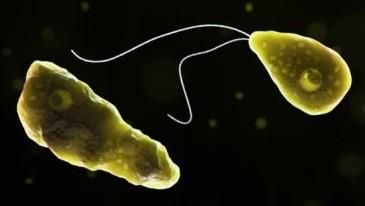
Kerala Reports Yet Another Amoebic Meningoencephalitis Death, Another Critical
The victim, Ratheesh, 45, a resident of Bathery in Wayanad district, had been under treatment at Kozhikode Medical College Hospital (KMCH) for over a week. Health officials said his condition had remained critical before he succumbed early on Saturday.
Ratheesh was first admitted to a hospital near his home with a high fever and cough. When his condition worsened, he was shifted to KMCH, where he died.
One more patient from Kasaragod district remains critical at KMCH, while eleven others are undergoing treatment. A patient who had been receiving care at the same hospital was discharged on Friday.
Kerala has recorded 42 confirmed cases of amoebic meningoencephalitis so far this year, with most infections reported from Kozhikode and Malappuram districts in the northern region.
Kozhikode alone has seen four deaths this year, including a three-month-old infant and a nine-year-old girl last month alone.
Health authorities have stepped up testing of water from ponds, wells, and other sources in Kozhikode and neighbouring Malappuram districts following the recent surge in the rare but fatal brain infection.
The KMCH has also expanded diagnostic facilities for detecting the infection after the jump in the disease, and funds allocated by State Minister A.K. Saseendran will be used to procure additional testing equipment.
The Kerala government has been running a“Water is Life” purification campaign, targeting wells, water tanks, and public water bodies across the state.
Officials continue to promote safe-water practices, particularly during the monsoon season, in areas prone to the disease.
Naegleria fowleri, which causes the infection, is a heat-tolerant protozoan that survives in warm freshwater such as ponds, lakes, wells, rivers, and inadequately chlorinated pools, especially in summer and the monsoon months.
It can enter the body through the nose during swimming, bathing, or nasal rinsing and move rapidly to the brain, where it causes primary amoebic meningoencephalitis.

Legal Disclaimer:
MENAFN provides the
information “as is” without warranty of any kind. We do not accept
any responsibility or liability for the accuracy, content, images,
videos, licenses, completeness, legality, or reliability of the information
contained in this article. If you have any complaints or copyright
issues related to this article, kindly contact the provider above.


















Comments
No comment